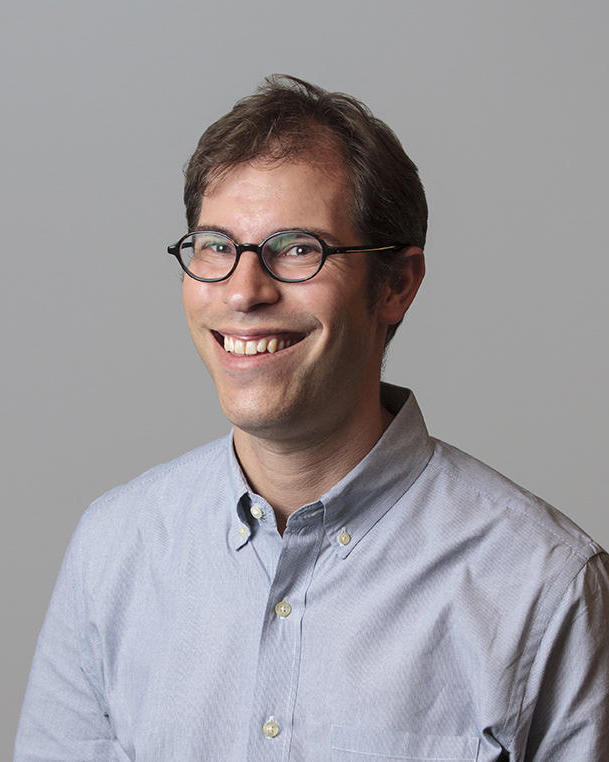Neal Freedman Departs DCEG to Lead the Tobacco Control Research Branch at NCI
, by Jennifer Loukissas, M.P.P.
Neal D. Freedman, Ph.D., M.P.H., senior investigator in the Metabolic Epidemiology Branch (MEB), departed DCEG to lead the Tobacco Control Research Branch (TCRB) in the NCI Division of Cancer Control and Population Sciences (DCCPS) in May 2023.
Dr. Freedman, who began his scientific career as a Cancer Prevention Fellow in DCEG, is an internationally recognized expert in the study of lifestyle and metabolic factors in cancer risk, in particular the disease burden associated with tobacco products. In following the dynamics of the tobacco epidemic, Dr. Freedman has shown that alterations in use patterns and the emergence of new tobacco products have affected cancer risks and burden, revealing tobacco products are even more hazardous than previously thought and showing strong associations with even low-intensity and non-daily smoking. In his new role in DCCPS, he will be poised to address these critical public health priorities.
In addition to his tobacco work, he is known for his research on coffee and risk of mortality using data from prospective longitudinal cohorts; these reports overturned conclusions from methodologically flawed studies published in the 1980s and showed that coffee is not only safe but part of a healthy diet. During his tenure in DCEG, Dr. Freedman served as principal investigator for the Prostate, Lung, Colon, and Ovary (PLCO) Cohort Study. He collaborated across the NIH on investigations of premature mortality trends and for this work he received the NCI Director’s Award for Population Science in 2018. He expanded his research to address the COVID-19 pandemic as part of the HHS response, leading the development of COVID-19 SeroHub, a data repository and visualization tool for seroprevalence studies; he received a Merit Award for the project from the National Institute of Allergy and Infectious Diseases. Dr. Freedman also made major contributions to the design of the new Connect for Cancer Prevention Study as lead for the Questionnaire Subcommittee.
In April of this year, together with colleagues from DCEG and the Center for Cancer Research, Dr. Freedman published a study in Cancer Discovery describing opportunities to achieve President Biden’s Cancer Moonshot goal of reducing the age-adjusted cancer death rates in the U.S. Meredith Shiels, Ph.D., M.H.S., senior investigator in the Infections and Immunoepidemiology Branch and lead author on the Moonshot paper, praised her colleague saying, “Neal is a thoughtful scientist, a generous mentor and collaborator, and an incredibly kind person. I hope that we are able to continue to work together for years to come."
Dr. Freedman is a celebrated and sought-after scientific mentor, recognized with the DCEG Outstanding Mentor Award in 2011 and the NCI Outstanding Mentor Award in 2018. Among his many other accolades, he was named a Highly Cited Researcher by Clarivate Analytics in 2019 and 2020, and in 2022 he was elected to the American Epidemiological Society.
“Neal is a tremendously collaborative, dedicated, and productive scientist. His many important discoveries on the harms caused by tobacco including risk of lung and other cancers have established that there is no safe level of smoking, which enabled the U.S. Food and Drug Administration to tighten their regulation of these products in important ways. We expect he will continue to support the public’s health in his new role in DCCPS,” said Stephen J. Chanock, M.D., Director of DCEG. “We expect collaborations to blossom between our two groups, which are separated by just a few dozen vertical feet in the NCI Shady Grove building.”
